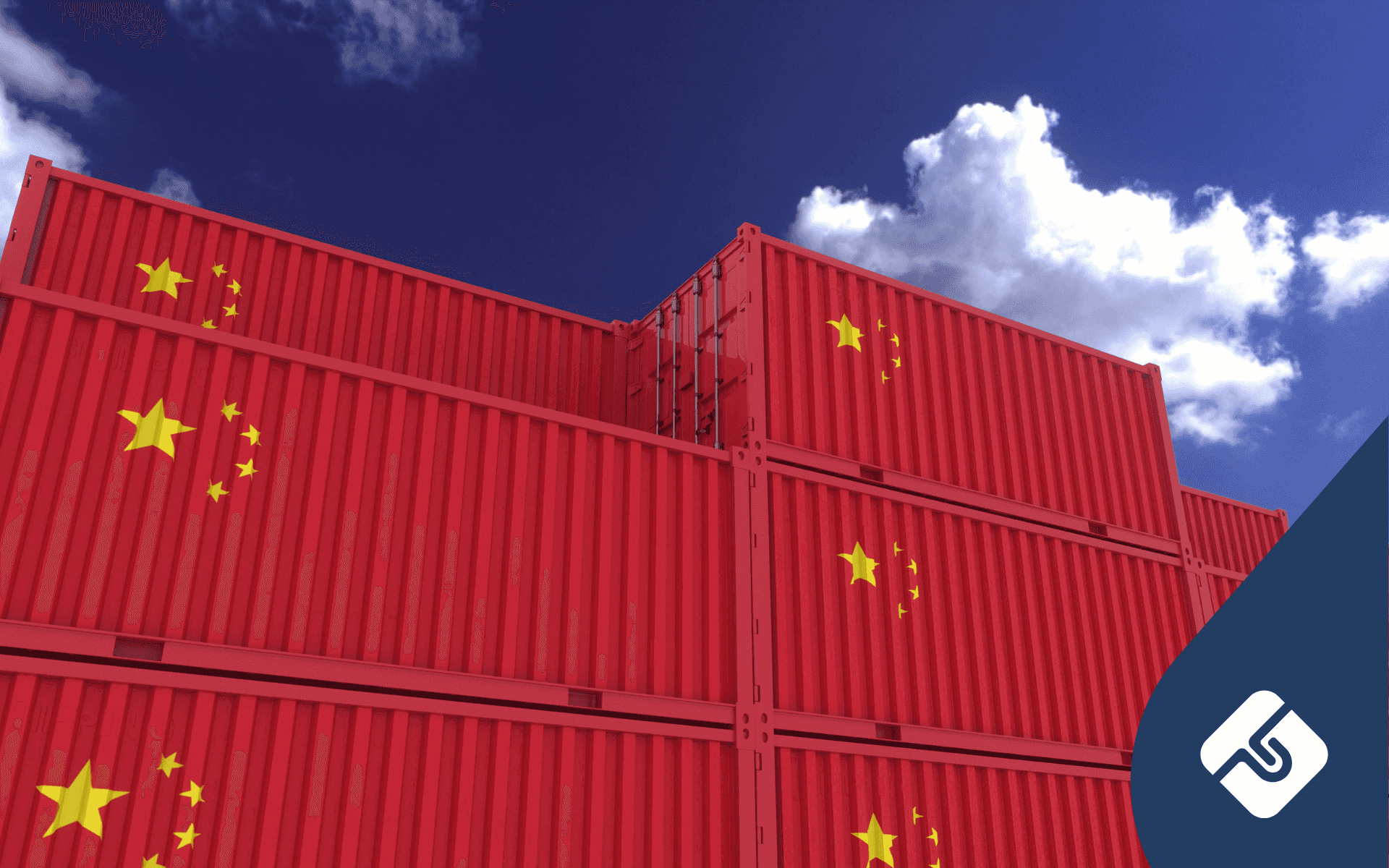Tom Willis is an award-winning marketing leader and Co-founder of Lawpath. Tom’s journey journey includes steering several entrepreneurial projects and addressing the unique challenges faced by small businesses. As the Chief Marketing Officer at Lawpath, Tom has been pivotal in shaping the company’s marketing strategy and business growth.
Importing from China can be very appealing with the cost of manufacturing there being far lower than in Australia. What can be tricky are the many conditions, procedures and requirements you need to follow to do so. COVID-19 has also disrupted the industry. Don’t worry, we’ll break down the process step by step.
Prior to Importing
Understanding Costs
There are a number of potential costs to consider when importing from China. These costs should be taken into consideration when you are considering the profitability of your venture.
Firstly, imported goods have to be expressed in Australian currency. Depending on the exchange rate, this may marginally affect the price of whatever you’re are importing. You can find this exchange rate by searching ‘rates of exchange’ on the Federal Register of Legislation.
Secondly, GST is payable on imported goods unless covered by a specific exemption. An import processing charge will also apply to imports with a value of over $1000. Importantly, you need an import declaration even if the value of your goods is below $1000.
Finally, while import goods usually incur tariffs and taxes, Australia, fortunately, has a Free Trade Agreement with China. This means that the majority of goods which come from China will have zero tariffs. To check if your goods specifically meet these criteria consult the ChAFTA guide.
Meeting Importing Conditions
The Department of Agriculture, Water, and the Environment strictly regulates products imported into Australia. This means, by law, some products are prohibited while others require an import permit.
You can use BICON to determine whether your product needs a permit. This is particularly important for any food, plant, or animal product. Such products may also be subject to quarantine to prevent disease. Importantly, if you need a permit, take note that they usually take at least 20 days to issue.
Furthermore, the Commerce (Trade Descriptions) Act 1905 requires all goods be labelled with an appropriate trade description which meets certain requirements:
- The description must be in prominent and legible English characters and;
- Must include the name of the country the goods were made or produced and;
- Must be ‘true’ (correct and accurate explanation of goods.
If you are shipping, be sure to use a clean shipping container. Contaminated containers will be treated in Australia and incur extra charges. Find out if you can get a treatment provider outside of Australia.
When the Goods Arrive
There are certain documentary requirements you may have to meet upon the arrival of your goods such as an import declaration. With regard to inspections, China is not considered high risk. Inspections are not mandatory. However, random inspections can happen and should be expected.
In addition, you must register certain goods. This usually includes industrial chemicals as well as therapeutic goods. Medicinal goods may also need to be registered.
A Note on Covid-19
While COVID-19 hasn’t caused any extra restrictions on imports there are a few things you need to watch out for. Some imports may be delayed due to travel restrictions. This may impact when your goods arrive for Australia – allow for further time. In addition, the Australian Government is no longer receiving import documentation in person. Fortunately, they are temporarily accepting documentation by email.
Summary
- Understand all the costs of importing to calculate whether it’ll be profitable.
- Meet all import conditions and necessary documentation requirements to avoid delay.
- Use a clean, treated shipping container.
Ultimately, there are many procedures and conditions involved with importing. You may find it easier to use a customs broker to help you complete the clearance process.
If you find any step of the process tricky or need help along the way, be sure to contact our business lawyers.







